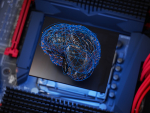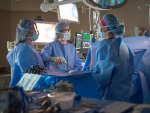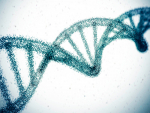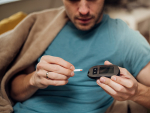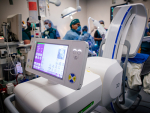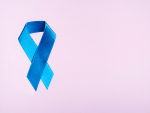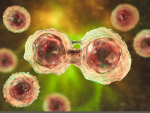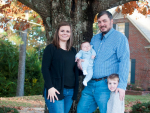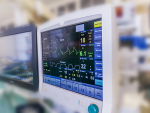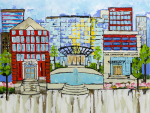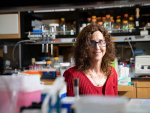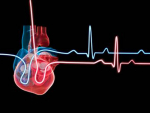Displaying items by tag: school of medicine
The fields of neuroengineering and brain-computer interfaces could have a tremendous impact on a number of neurologic conditions, such as stroke, neurodegenerative disorders, Parkinson’s disease, dementia and other brain diseases.
Tagged under
UAB students and faculty can shop at the grocery-store-on-wheels for affordable produce and pantry staples.
Tagged under
Tagged under
Researchers hope to learn whether the immune system will respond to the experimental vaccines by making antibodies and T cells that could fight HIV if a person is ever exposed to the virus in the future.
Tagged under
During the past half-century, the UAB Comprehensive Transplant Institute has pioneered many changes, including groundbreaking research, new medicines and innovative techniques.
Tagged under
Traditional markers of cardiometabolic health may be lower in Black individuals, but the development of diabetes is more common in those with African ancestry.
Benefits of the blood pressure medication verapamil include delayed disease progression, lowered insulin requirements and preservation of some beta cell function.
Tagged under
Tagged under
Tagged under
Join UAB in bringing awareness of colorectal cancer through various resources and tips for the community.
Tagged under
Join UAB’s O’Neal Comprehensive Cancer Center to learn about the rare blood cancer multiple myeloma.
Tagged under
The grant will fund research surrounding next-generation human models that could potentially aid in the development of treatment for glioblastoma.
Tagged under
UAB’s Exercise is Medicine program aims to help patients prevent chronic problems before they start and adopt healthier lifestyles.
Tagged under
As overall in-hospital cardiac arrest rates rise, overall survival rates are improving in tandem. But researchers say there is still room for improvement.
Exercise is important for heart health; but if you are experiencing heart problems during exercise, it may be time to schedule an appointment with your primary care physician.
The O’Neal Comprehensive Cancer Center at UAB’s annual ArtBLINK gala was a success in raising both funds and awareness of its 50-year history of advancing cancer research, patient care and education.
Tagged under
Blacks face much greater rates of heart disease than do whites. A wider study is needed to further investigate this racial difference and identify potential therapeutic targets.
Tagged under
Many people experience sadness, fatigue and a lack of interest in daily life when days get shorter and weather gets colder. That might just be the “holiday blues,” but it also could be a medical condition known as seasonal affective disorder.
Tagged under
